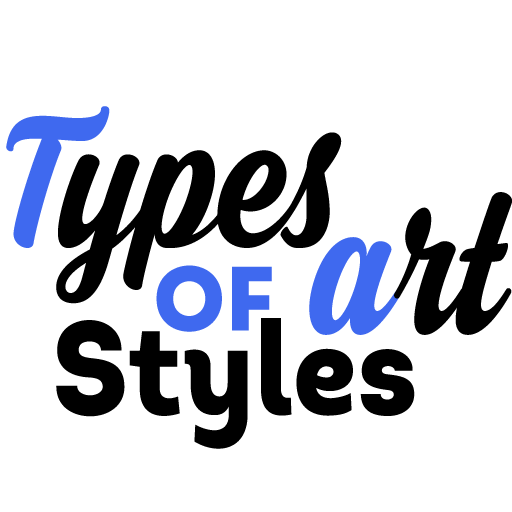Chinese literature: what it is, history, literary development, genres, characteristics and more
Contents
What is Chinese literature?
It differs from other literary expressions by basing much of its content on the reflection of society, which is why its themes often resort to politics. Thus, many writers will be philosophers or government officials in China.
The literature developed in this region has its beginnings long before the dynastic archives, so that its literary production has been one of the largest in the world and has influenced not only the literature developed in nearby countries such as Japan and Korea, but also others from other continents.
History and origin of Chinese literature
Although it is not possible to have an exact date of the emergence of literature developed in this country, the closest documents we have come from the Zhou dynasty, which was in force between 1046 B.C. and 256 B.C., making it one of the oldest in the world and one that has had greater continuity over time.
The first literary expressions were found in turtle shells that were used for divination, as well as engravings of prayers in sacrificial bronzes of the Shang dynasty. These would be the manifestations that would later account for the Chinese characters used in writing and which would evolve over the years.
In the beginnings of Chinese literature, this literary expression was along the same lines as Greek and Roman literature, which we have already discussed in another section. However, when it reaches the medieval period, it will live a time of rivalry, in which poetry and prose emerge in its literary practice, the former being one of the most important, since writers use it to express their alteration due to the political and social changes that took place during this time. By the 13th century, Chinese literature had developed a great production of texts, among which narrative and dramatic genres stand out.

Development of Chinese literature
One of the main characteristics of this literature has to do with the large number of genres covered by its literary manifestations, which are, in many cases, unknown to Western literature.
In addition to creative writings, many Chinese writers began to write philosophical texts that had a great impact by including political and moral themes, and in general, related to the life and work of the referents of the time. One of the most important of the time will be Confucius and his school of Confucianism, considered one of the most important philosophical systems in the world.
Chinese poetry
In the poetic field, China is dedicated to the composition of verses in heptasyllables and pentasyllables, as well as other poetic forms that are inspired by the people of their territories and those that were known by the authors when their lifestyles led them to travel to other places.
Prose
The use of prose will be fundamental for the development of Chinese literature, since it will be the basis for the construction of a great number of works that will be fundamental for universal literature. Thus, prose will allow many writers to start working on other literary formats such as essays, philosophical texts, among others.
Chinese novel
In its beginnings, the term novel appears in Zhuangzi, referring to “insignificant words”, that is why in this first stage, essentially during the Song dynasties, when talking about novels, the reference was to literary works or literary content that came from street rumors and that was characterized by having a superficial content, often under a peregrine argument. In this same format, works were conceived with short and disorganized extensions, a conception that will evolve drastically with the passage of time and the development of literature.
Main characteristics of Chinese literature
The most important features of Chinese literature are:
Content: one of the most relevant aspects regarding the literature developed in this country has to do with the variety of topics on which the content of its writings rests. In its beginnings, Chinese literature focused on philosophical texts, hence the recognition of important philosophers and philosophical schools, but historical documents, poetic compilations and other contents were also written and transmitted not only in written form, but also orally to the following generations.
When Chinese literature reached the modern era, it began to consolidate contents and themes that would be fundamental for the works and compositions that would be developed from then on. Thus, their works will be characterized by their relations with the West, highlighting an influence in their texts coming from foreign works, as well as touching on issues related to gender equality, freedom of expression, among others.
Drama in the texts: Chinese writers were not indifferent to the situations and conditions that the country was going through at different times in history, especially at the time of its emergence and flourishing in earlier times, which is why most of their early texts are written with dramatic tones, as they express the situation that the country was going through.
Among some classical Chinese texts we find works such as “The Classic of History”, written by Shu Jing, “The Classic of Poetry” and “The Classic of Changes”, written by the same author. There is also “The Classic of Rites” by Li Ji, “The Classic of Music”, “Annals of Spring and Autumn” by Chun Qiu, “The Four Confucian Books”, “The Classic of Way and Virtue”, “The Hundred Surnames”, “The Classic of a Thousand Characters”, “Journey to the East” by Wu Cheng’en, “Romance of the Three Kingdoms” by Luo Guanzhong, “Dream of the Red Mansions” also known as “Dream in the Red Pavilion” by Gao E and Cao Xueqin, “At the Water’s Edge” by Luo Guanzhong and Shi Nai’an, among others.
